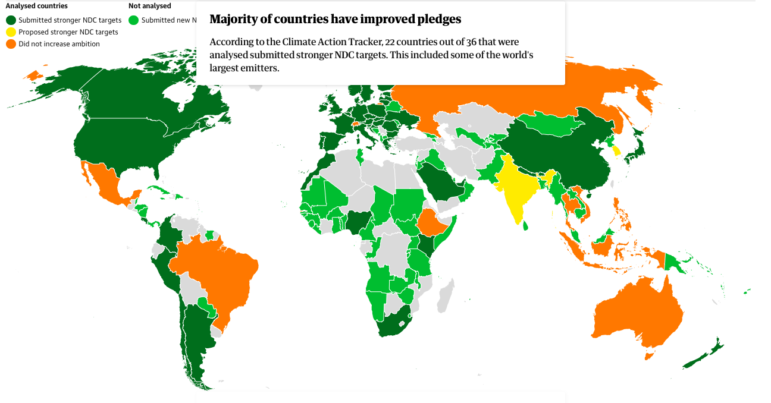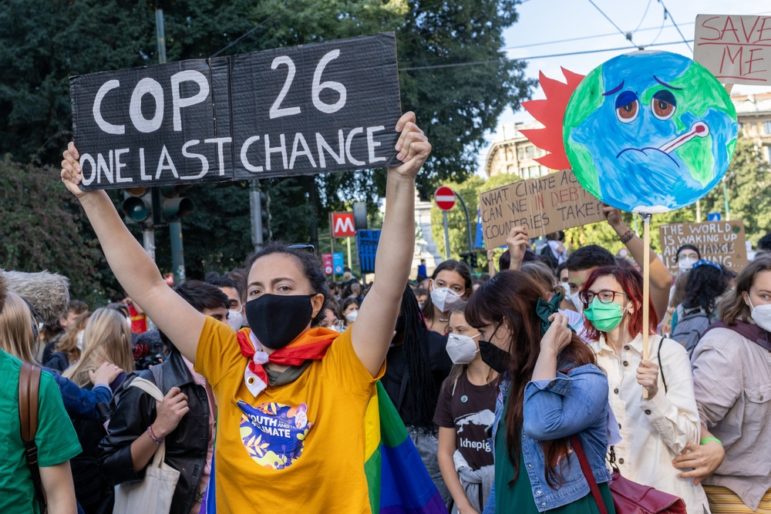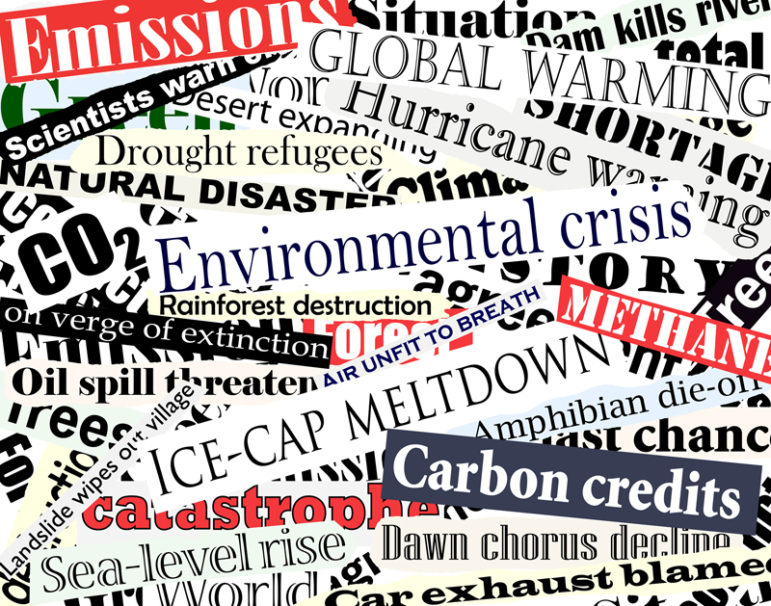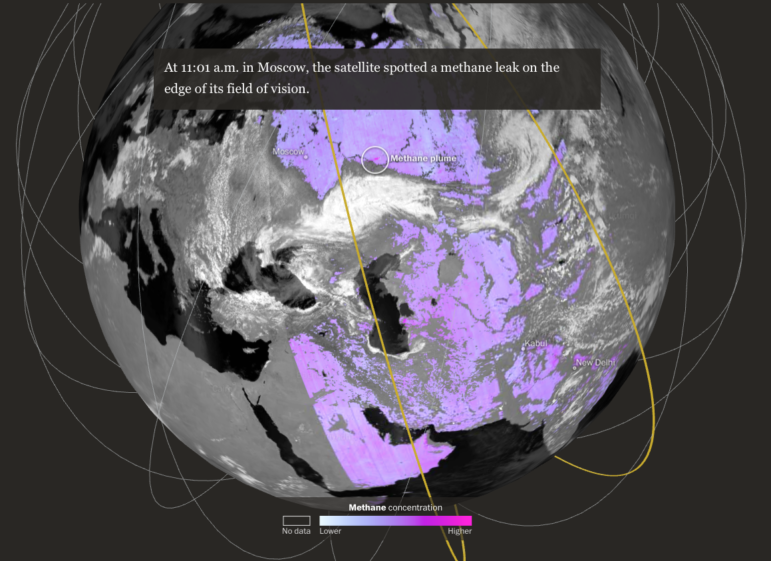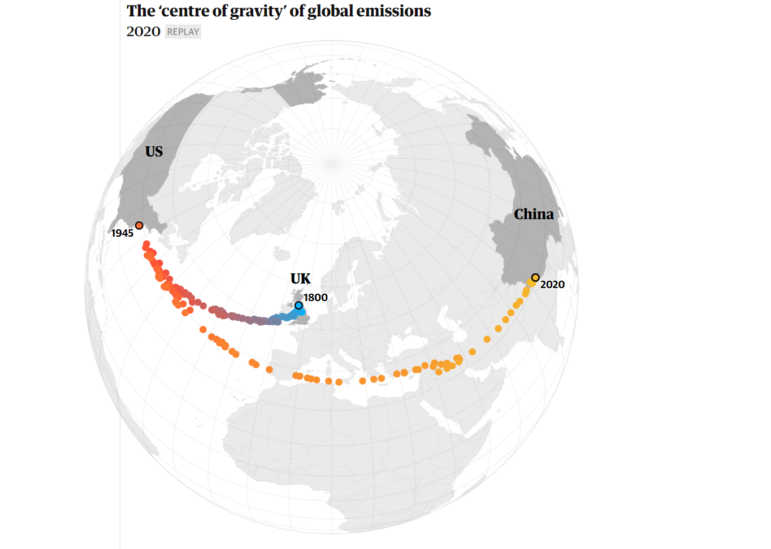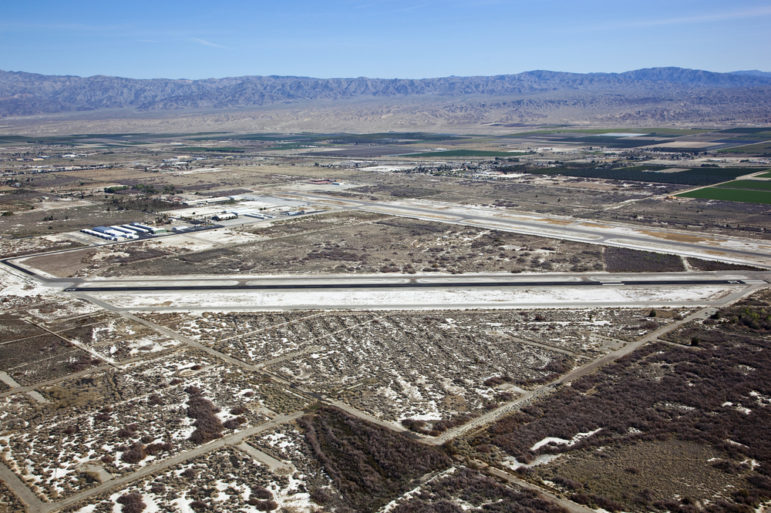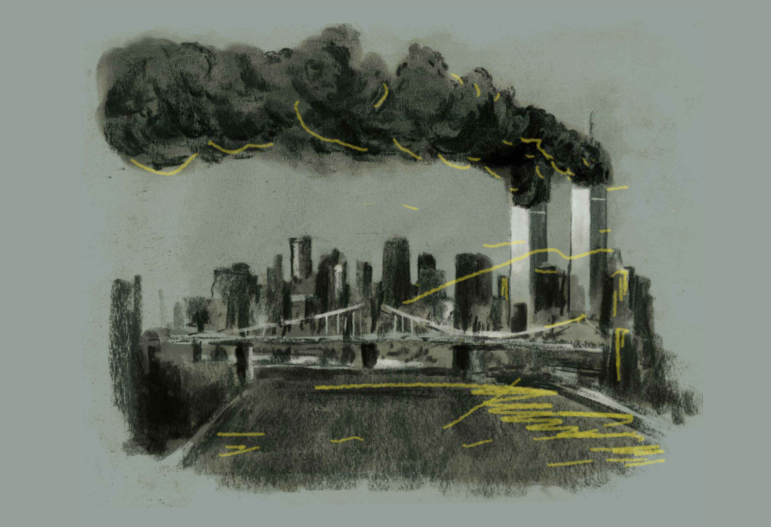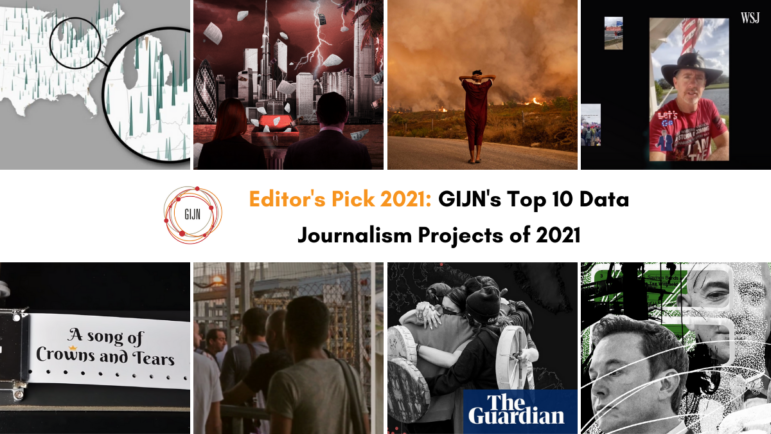
Data Journalism
GIJN’s Top 10 Data Journalism Projects of 2021
Throughout 2021, journalists have used data projects to interrogate the coronavirus pandemic, climate change, conflict, and tax evasion. Here we select our top 10 data journalism projects of the year, rounding up projects that gave a different perspective on global events and helped readers grasp complex matters through interactive storytelling.

